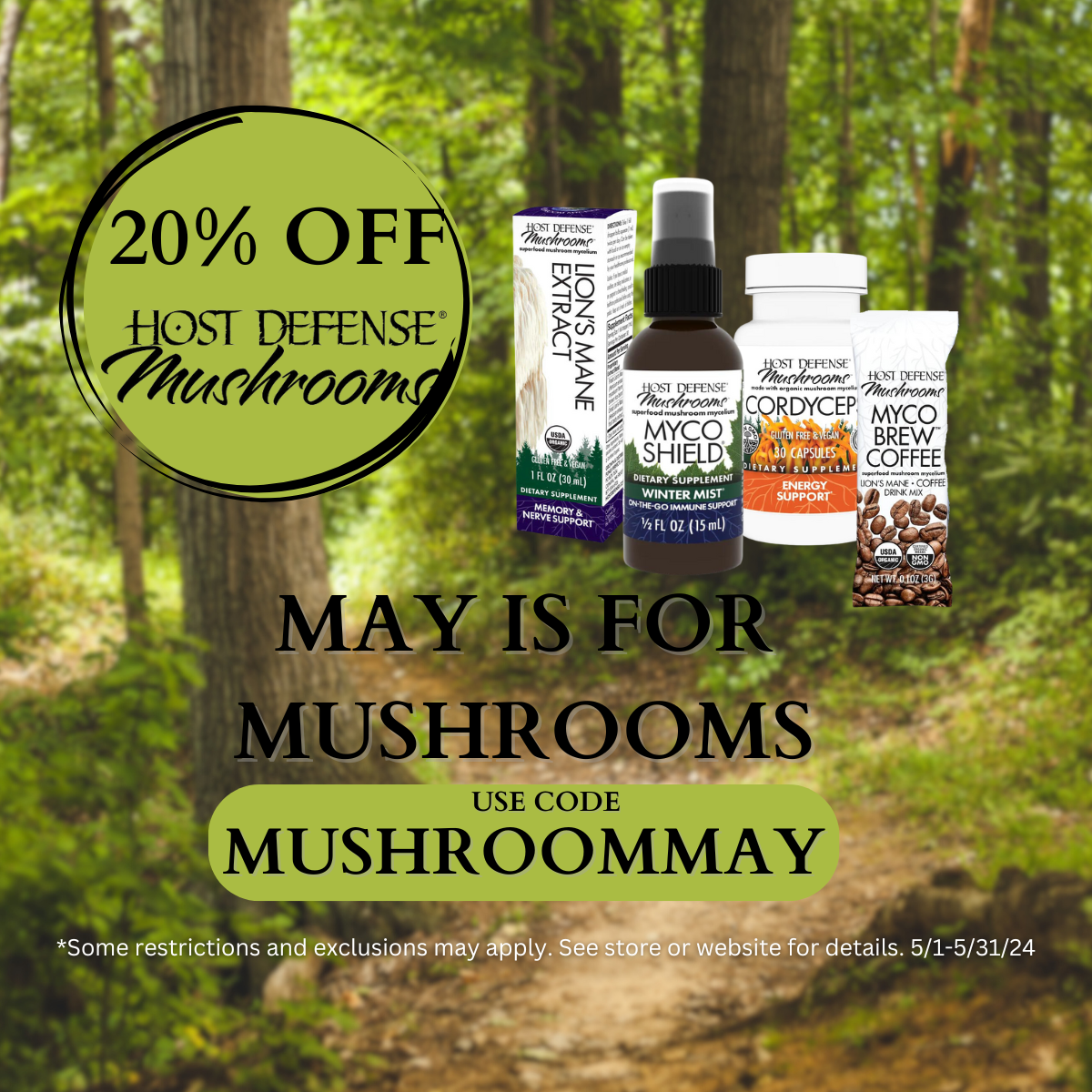
Olive Herb
, 3 min reading time

, 3 min reading time
Olea europaea is a small evergreen tree of the Oleaceae family, that is native to the Mediterranean region. The genus Olea got its name from “elaia”, the ancient Greek word for olive, and “oleum”, the Latin word for oil. Olive trees share a family with the genus Forsythia, a common ornamental of the north east U.S., Syringa, the genus of lilacs, Fraxinus, ash trees, and Chionanthus, commonly called Fringe Tree. Other notable genera in the family include Ligustrum (privet), and Jasminum.
Olive has been cultivated for over 3,000 years. Ancient Romans, Greeks, and Egyptians all used this tree as a food source and source of plant medicine, and referenced it in their religious writings as a symbol of peace, purity and goodness. Egyptians used olive oil in the mummification process for both practical and spiritual purposes. To the ancient Greeks, who utilized the olive tree for medicine, food, and ornamental purposes, it was a symbol of life. Olive tree was thought to be sacred symbol of the goddess Athena, who was revered for her wisdom and compassion. Victors in the ancient Olympic Games were crowned with wreaths of its leaves. The English herbalist, John Gerard (1633) reported that Olive leaves and buds were useful in supporting the body’s proper function. In the 1898 edition of King’s American Dispensatory, it was reported that a strong decoction of Olive leaves could play a role in regulating body temperature.*
What is Olive Used For?
Olive leaf and extra virgin olive oil have been traditionally used to support heart health, and contain various polyphenols that act as antioxidants in the body to protect cardiovascular tissues. Extra Virgin Olive oil delivers the most amount of polyphenols. Compared to common olive oil, which is a mix of virgin and refined olive oil. Refined olive oil undergoes intensive processing and has little to no polyphenol content. Traditionally, the oil was used to support healthy gallbladder function and gastrointestinal motility. The leaf was traditionally used to support healthy glycemic, cardiovascular and immune health. A secoiridoid found in olive leaf and oil, oleuropein is a bitter compound with unique properties in the body. In addition to being an antioxidant, oleuropein has been found to be a broad range antimicrobial, which may account for the immune supporting properties of olive extracts. Oleuropein and hydroxytyrosol have also been shown to support insulin sensitivity and pancreatic beta-cell function in a clinical study on healthy overweight men. Olive leaf extract standardized to oleuropein has been found to decrease the duration of upper respiratory illnesses in healthy high-school athletes. Other studies have found that the phenolic compounds found in extra virgin olive oil and leaves, including oleuropein, stimulate bone-building cells. More research is needed, but olive extract may be helpful in supporting bone health. In a study done on over 7,000 people, extra virgin olive oil consumption is associated with reduced risks of cardiovascular disease and mortality in individuals with high cardiovascular risk. High heat can destroy the polyphenol content, which is why it is recommended to use high quality extra virgin olive oil after a meal is cooked.
Traditional Health Benefits of Olive
Active Constituents of Olive
Leaf: Polyphenols: verbascoside, apigenin-7-glucoside, luteolin-7-glucoside, hydroxytyrosol (HT), tyrosol . Various secoiridoids, most notably oleuropein. Oil: Monounsaturated fatty acids including oleic acid, palmitic acid, linoleic acid, polyphenols, secoiridoid oleuropein, protocatechuic acid, lipophilic or amphiphilic microconstituents including phytosterols, squalene, tocopherols, phenolic compounds, and terpenic acid derivatives
Parts Used
Leaf & Oil
Important Precautions
Not for use during pregnancy or lactation. If you have a medical condition or take pharmaceutical drugs please consult your doctor prior to use.
Disclaimer
This information in our Herbal Reference Guide is intended only as a general reference for further exploration, and is not a replacement for professional health advice. This content does not provide dosage information, format recommendations, toxicity levels, or possible interactions with prescription drugs. Accordingly, this information should be used only under the direct supervision of a qualified health practitioner such as a naturopathic physician.
Search: 144 results found for "Olive" – The Natural Alternative (naturalalternativenutrition.com)



